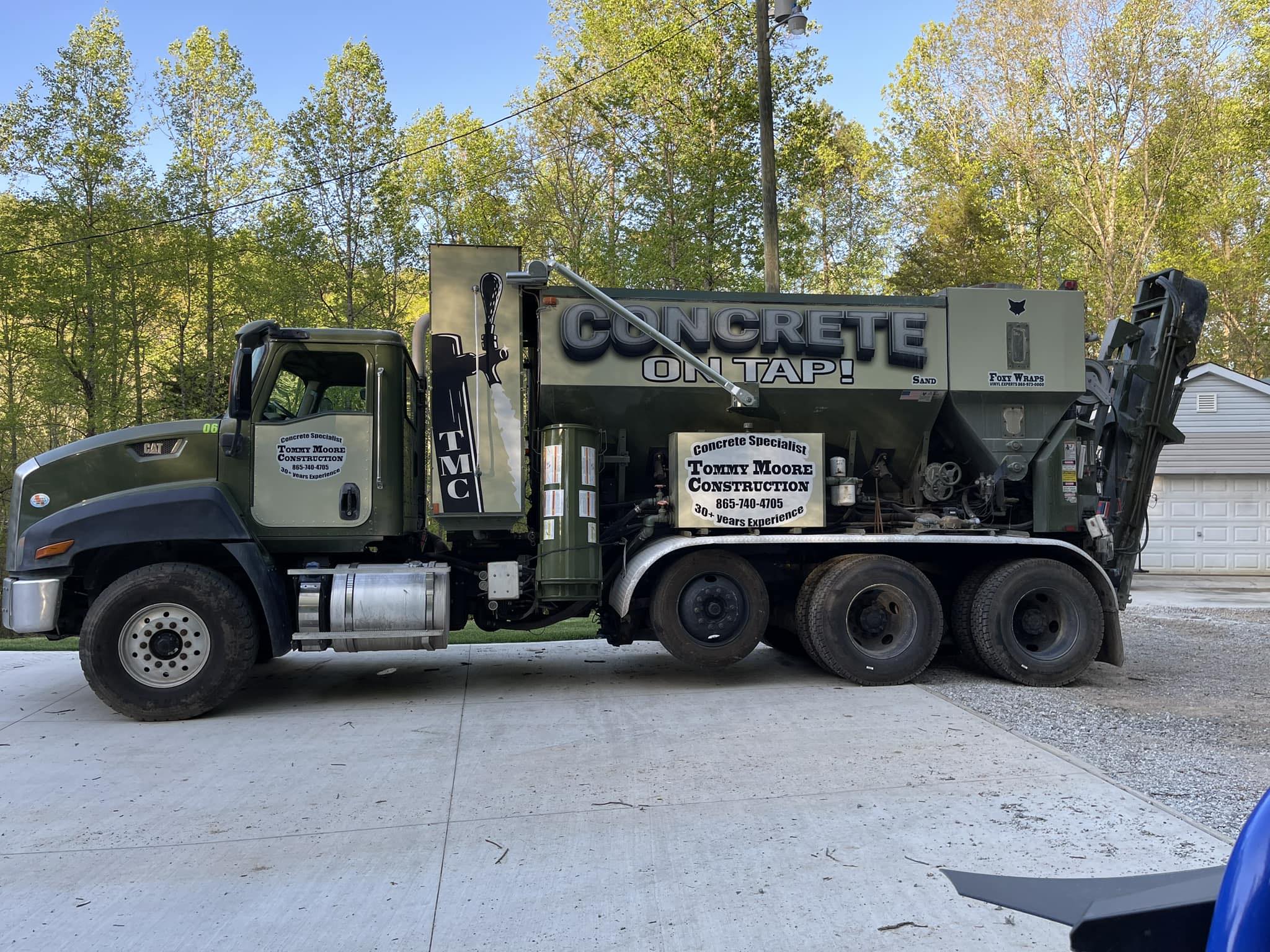
The Role of Concrete in Modern Urban Landscapes Nov 25, 2025
To truly understand the importance of concrete in urban environments, it's essential to delve into its multifaceted applications. From towering skyscrapers to expansive bridges and intricate road networks, concrete serves as the backbone of modern infrastructure. Urban planners and construction companies like Tommy Moore Construction rely on concrete's inherent strength and adaptability to create structures that can withstand the test of time while seamlessly integrating into the urban aesthetic.
One of the most compelling attributes of concrete is its versatility. It can be molded into a plethora of shapes and forms, accommodating complex architectural designs that define modern cities. This flexibility allows for creative freedom in design while ensuring structural integrity. For instance, decorative concrete is frequently used to enhance public spaces, offering artistic flair without compromising functionality.
Moreover, concrete's durability is unmatched. In environments where structures are exposed to extreme weather conditions and constant wear, concrete stands out as a resilient choice. Its ability to endure significant stress and strain makes it ideal for urban infrastructure that demands longevity, reducing the need for frequent repairs and replacements. This resilience not only ensures safety and reliability but also translates to cost savings over time.
In addition to its practicality, concrete is an environmentally conscious option when used responsibly. With advancements in eco-friendly concrete mixtures and sustainable production practices, the construction industry is making strides towards minimizing its carbon footprint. Companies like Tommy Moore Construction are at the forefront of adopting green building techniques, ensuring that concrete contributes positively to the environment. Recycled materials and innovative technologies are being integrated into concrete production, paving the way for a more sustainable future.
The technological advancements in concrete production and application are noteworthy. Ready-mix concrete, for example, offers enhanced quality and efficiency by providing a precise mix of ingredients tailored to the specific needs of each project. This not only ensures consistency in construction but also speeds up the building process, allowing for faster completion of urban projects. Such innovations are critical in meeting the demands of rapid urbanization while maintaining high-quality standards.
Moreover, concrete's role extends beyond functional infrastructure. It contributes to aesthetic enhancements in urban regions, facilitating the creation of parks, gardens, and public art displays that enrich the cityscape. Through its use in pavements, benches, and sculptures, concrete helps create vibrant, welcoming public spaces that foster community interaction and enhance the quality of urban life.
As cities continue to grow and evolve, the demand for sustainable, adaptable, and resilient building materials will only increase. Concrete, with its myriad benefits, remains a cornerstone in the foundation of urban development. Companies like Tommy Moore Construction continue to pioneer the usage of concrete, ensuring its potential is fully realized in modern urban landscapes.
In conclusion, concrete's role in urban environments is indispensable, combining functionality with innovation and sustainability. As we look to the future of urban development, concrete will undoubtedly continue to shape the cities of tomorrow, offering solutions that meet the challenges of a dynamic world. By choosing the right concrete services, such as those provided by Tommy Moore Construction, urban planners and developers can create spaces that are not only structurally sound but also environmentally responsible and aesthetically pleasing.
/filters:no_upscale()/filters:format(webp)/media/2096757a-7c33-4094-9dff-2630e185039a.jpeg)